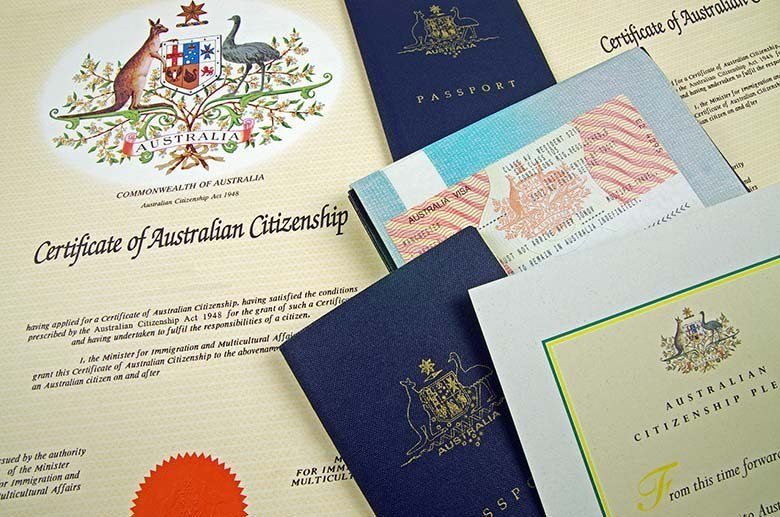
Turkey’s Ministry of Labor and Social Security has announced a 30% increase in the country’s minimum wage for 2025. The new monthly rate will be TL 22,104 ($630.36), as revealed by Labor and Social Security Minister Vedat Işıkhan during a press briefing following the fourth meeting of the Minimum Wage Determination Commission. This change, effective January 2025, is expected to have significant implications for foreign workers and those on work visas in Turkey.
Key Points of the New Minimum Wage
- Wage Increase
The 2025 minimum wage in Turkey is set at TL 22,104 ($630.36) per month, up from the previous gross rate of TL 20,000 ($577), which resulted in a net wage of TL 17,002 after deductions. - Negotiation Process
The new wage was agreed upon after four rounds of discussions involving representatives from the Confederation of Turkish Labor Unions (Türk-Iş) and the Turkish Confederation of Employer Associations (TISK). Türk-Iş, advocating for workers, boycotted the final meeting due to unmet demands for a TL 29,583 ($841) minimum wage. - Context of Inflation
The increase comes after a period of significant inflation, with the rate easing to 48.58% in October 2024, down from much higher levels earlier in the year.
Impact on Foreign Workers
- Higher Earnings
Foreign workers will benefit from the higher minimum wage, making Turkey a more attractive option for those seeking employment opportunities. - Living Costs vs. Wage Growth
Although the wage increase provides some relief, rising living costs due to inflation may continue to challenge workers in managing their expenses with the new wages. - Opportunities for Skilled Workers
The new wage structure may help attract skilled foreign workers to Turkey, particularly in industries like manufacturing and tourism, where labor shortages are prevalent. - Employer Challenges
Companies employing foreign workers may face increased payroll costs, which could impact recruitment and retention strategies.
IMF Recommendations
In October 2024, the International Monetary Fund (IMF) advised Turkey against raising wages in a way that could drive further inflation. The IMF suggested that targeted social programs, rather than blanket wage increases, be used to assist low-income households. For foreign workers, this could mean additional support through benefits or subsidies.
Work Permit Exemptions
The Turkish government has also introduced new work permit exemptions, offering more flexibility for skilled foreign workers. These measures, including a three-year work permit exemption and a fast-track Tech Visa, are designed to attract global talent and drive economic growth in Turkey.
Conclusion
Turkey’s decision to raise the minimum wage for 2025 marks a significant effort to improve workers’ earnings, including those from abroad. However, the broader economic conditions, particularly inflation, mean that both workers and employers will need to adapt to the changing financial landscape. Foreign workers considering opportunities in Turkey should weigh the potential benefits of higher wages against the ongoing challenges posed by the cost of living and inflationary pressures.




















